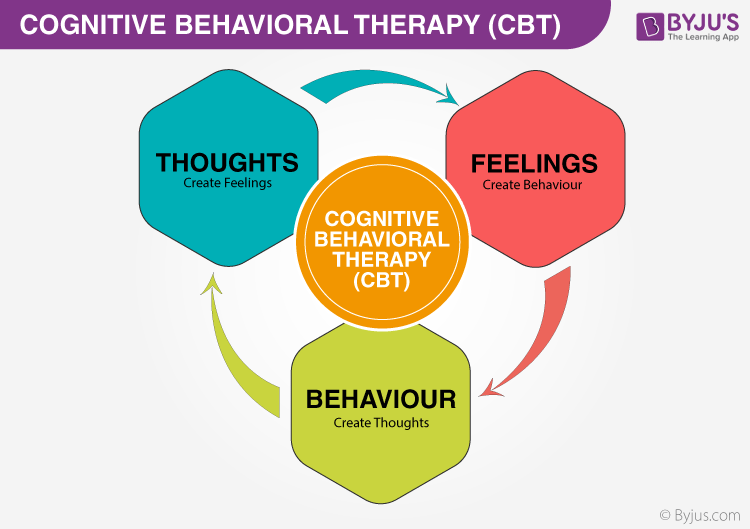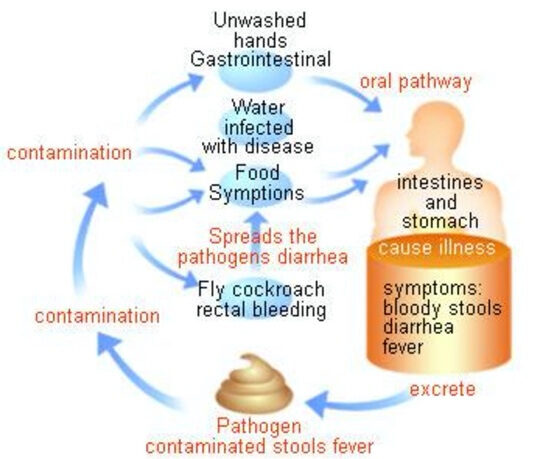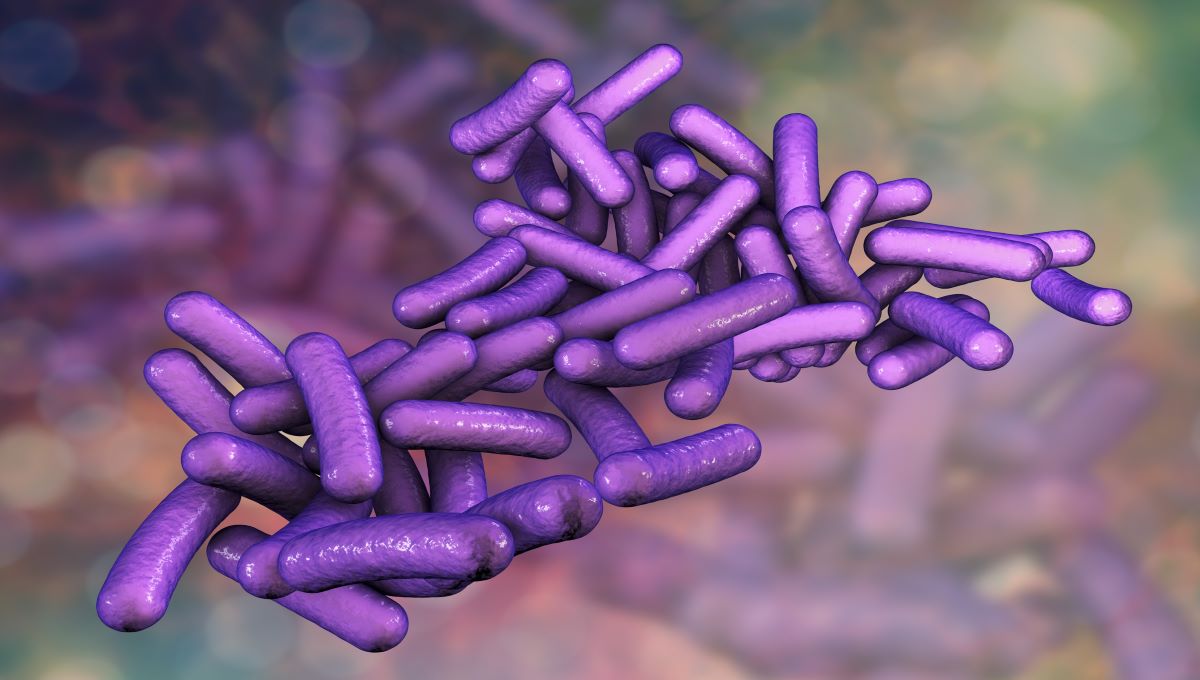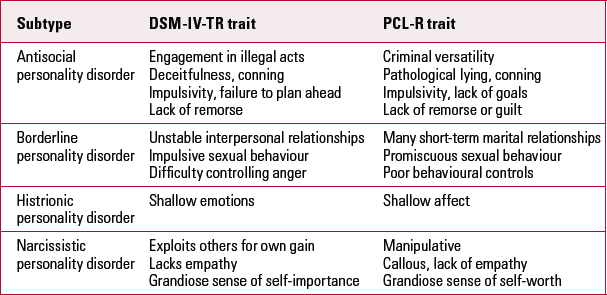Ovarian Cyst Pain – How to Treat it During Pregnancy
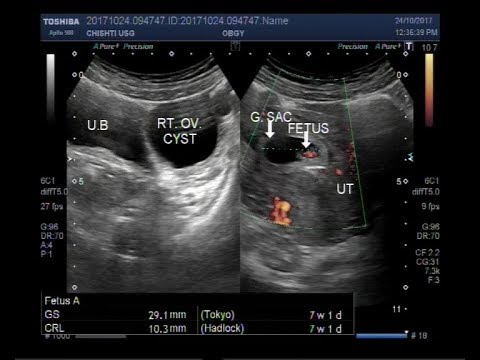
Ovarian cysts are generally a warning sign that an ovarian cyst is developing and is simply one of the many ovarian cyst symptoms indicating possible complications caused by the growth or rupture of the cyst, such as: Pelvic pain during or even before the monthly period starts. There are also cysts in the ovary itself, which cause pain and discomfort to women when they become pregnant.
Pain during or before a monthly period is most likely a symptom of the development of a cyst or cysts within the ovary. This type of pain is not limited to a specific time period. You may experience pain at anytime or you may be able to identify certain times or days to identify which pain you are feeling.
If you want to know more about what causes your pain, there are a couple of possible causes for this pain. A cyst or cysts within the ovary can develop into cancer, so the pain during menstruation or during a period of pregnancy may be a warning sign of what you might experience with the growth of a cancerous cyst.
Some types of pain are normal and have no ill effects on the body and these include the occasional ache, such as the pain you feel after exercising or after sitting down for a long time. Other pain, such as that felt when pregnant, should be considered a symptom of a more serious problem and not a normal part of everyday life.
If the pain is caused by a cyst or if the pain is consistent and prolonged and it is accompanied by pelvic pain during pregnancy, it is important to seek medical attention. Many women experience cysts in the ovary but do not realize it until it ruptures or bursts and the pain that results is usually the most severe.
Sometimes the pain you experience during a period or pregnancy is due to an infection, in which case antibiotics may be prescribed. Sometimes the pain may be caused by lumps or bumps that have developed in the body, sometimes called varicose veins.
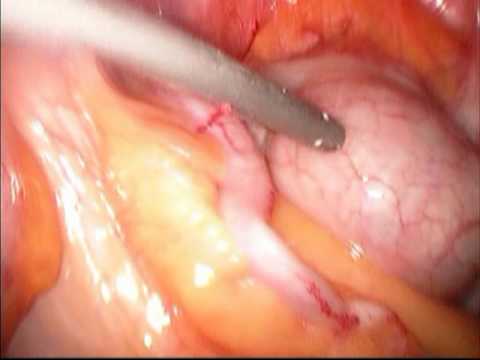
If you have pain during pregnancy or have found out that you are pregnant, it is important to talk to your doctor so that your doctor can rule out other conditions that could be causing the pain, such as pelvic tumors. or cysts, to see if you are suffering from something more serious than a few minor aches or pains.
If you continue to have pain that is not relieved after you have been to the doctor, you may need to see a specialist who can perform an ultrasound scan or ultrasound to see if a cyst is causing the pain. This will give your doctor an idea of where the pain originates and also help determine the size and whether the cysts will grow or burst if you do not treat it right away.
When your doctor has diagnosed the pain as being related to a cyst, they will recommend surgery if the pain continues or if the cyst grows. The doctor will perform a laparoscopy and look inside the cyst and will take a sample of the fluid around it in order to determine the type of cyst and the type of pain you are suffering from. The doctor will recommend that you not take any medications during your recovery period because the cyst will most likely be healing in the meantime and it will be hard to avoid pain medication while it heals.
It is important to take care of yourself so that you do not take pain killers after you have had surgery or any type of ovarian cyst pain for that matter. These pain killers can cause you damage to your liver and may increase the risk of complications or even death. When you start taking pain killers the cysts may heal on their own or they could begin to grow again, and this can make the pain worse.
There are a couple of ways to relieve some of your ovarian cyst pain during pregnancy. You can take pain relievers if you decide to take pain medication or get over the counter pain relievers if you decide to go through with surgery.
Another option is to use heat or hot packs to help relieve some of the pain when the pain becomes too much to bear. Heat does not always work very well, but sometimes a few minutes spent in a room with a heating pad or hot water can help you.

